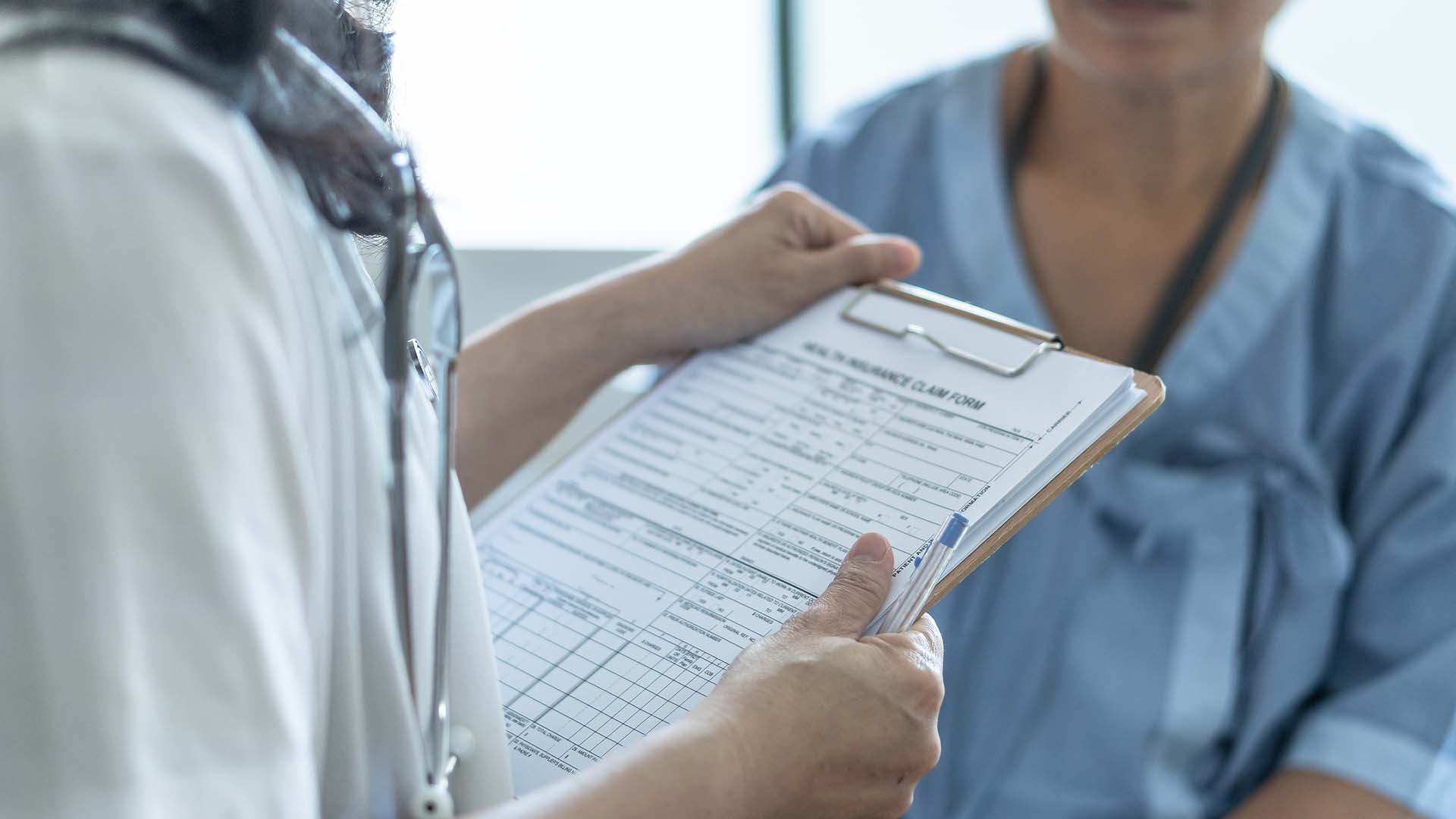Summary: Early thyroid problem signs can be subtle and easily overlooked. Hyperthyroidism and hypothyroidism symptoms vary, and self-exams may help detect thyroid nodules. Radiofrequency ablation (RFA) offers a minimally invasive treatment for benign thyroid nodules without surgery or lifetime medication.
Without a family history, the early warning signs of thyroid problems can, at times, be difficult to spot. Some symptoms, like anxiety, fatigue, insomnia, or skin changes, could potentially be caused by a number of factors.
Rather than seeing a doctor, patients often try to address these symptoms with lifestyle changes. They may only take the next steps when those adjustments fail to improve their symptoms. However, seeking help from an endocrine specialist is often the first step toward feeling better.
In this guide, we’ll explore the mysterious signs of a thyroid problem. We’ll share how to perform a home thyroid exam and when to see a doctor. Finally, we’ll discuss a minimally invasive treatment option for benign thyroid nodules.
Continue reading to learn about the warning signs of thyroid problems.
What are the Early Warning Signs of Thyroid Problems?
Thyroid problems tend to fall into two broad categories.
You may be experiencing the signs of hyperthyroidism or an overactive thyroid gland. Those with hyperthyroidism produce an excess of thyroid hormone, which causes symptoms. This may be the result of a “hot” thyroid nodule or autoimmune condition.
More commonly, you may be experiencing hypothyroidism or an underactive thyroid gland. Those with hypothyroidism do not produce the amount of thyroid hormone that their body needs. Sometimes, thyroid nodules can cause hypothyroidism. However, symptoms are more commonly caused by autoimmune disorders.
Early Warning Signs of Overactive Thyroid Problems (Hyperthyroidism)
Signs of hyperthyroidism can include:
- Anxiety
- Difficulty sleeping
- Fast heart rate
- Frequent bowel movements
- Increased sweating
- Muscle weakness
- Sensitivity to heat
- Weight loss
Early Warning Signs of Underactive Thyroid Problems (Hypothyroidism)
Signs of hypothyroidism can include:
- Constipation
- Decreased sweating
- Depression
- Dry skin and hair
- Fatigue
- Heavy menstrual periods
- Sensitivity to cold
- Slowed heart rate
- Weight gain
Perform a Thyroid Self-Exam at Home
If you notice signs of problems with your thyroid, you may wish to perform a self-exam.
Some thyroid nodules are large and visible to the naked eye. They may cause voice changes or visible swelling in the neck. In other cases, however, nodules may be smaller and difficult to see without special imaging tools. However, you may be able to see a smaller nodule during a thyroid self-exam.
To perform the exam, pour yourself a glass of water and position yourself in front of a mirror. Tip your head back slightly to extend your neck. Watch your neck as you swallow a sip of water.
Do you see any bumps or unusual protrusions upon swallowing? You may have to repeat this process more than once.
If you do notice any unusual lumps in the region between the collarbone and the voice box, it’s wise to call your doctor. The first step is a physical exam and bloodwork. They may also order an ultrasound exam of the neck.

What is Radiofrequency Ablation (RFA)?
The presence of nodules is one of the most common thyroid conditions. In fact, nodules impact up to half of the population, though they are more common in women. You are more likely to develop a nodule as you age. 90% of thyroid nodules are benign.
Benign thyroid nodules may be symptomatic or asymptomatic. If they cause symptoms, including aesthetic concerns or issues swallowing, you may wish to get them removed. While your doctor may suggest surgery, there is a less invasive alternative. That treatment is called radiofrequency ablation, or RFA.
RFA can be performed in your doctor’s office. Your doctor will use a needle to ablate (or heat) the affected thyroid tissue with radiofrequency energy. It does not hurt any of the surrounding healthy thyroid tissue. Thus, patients can resume normal activities within 24 hours and rarely need to take lifetime medications.
Most patients notice a reduction in size within three weeks.
RFA Benefits
The benefits of choosing RFA include:
- Preservation of healthy thyroid tissue
- No change in thyroid function
- No need for lifetime thyroid medication
- Non-surgical and incision-free
- No general anesthesia, downtime, or hospitalization
- A very low complication rate
- Clinically proven volume reduction
- Tens of thousands of satisfied patients worldwide
Do you think RFA might be the right treatment for you? Speak with a Thyroid RFA doctor today to learn more.




